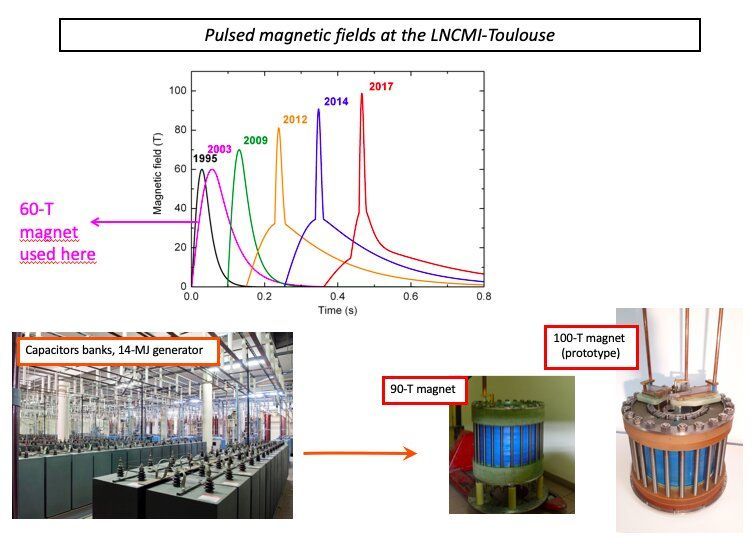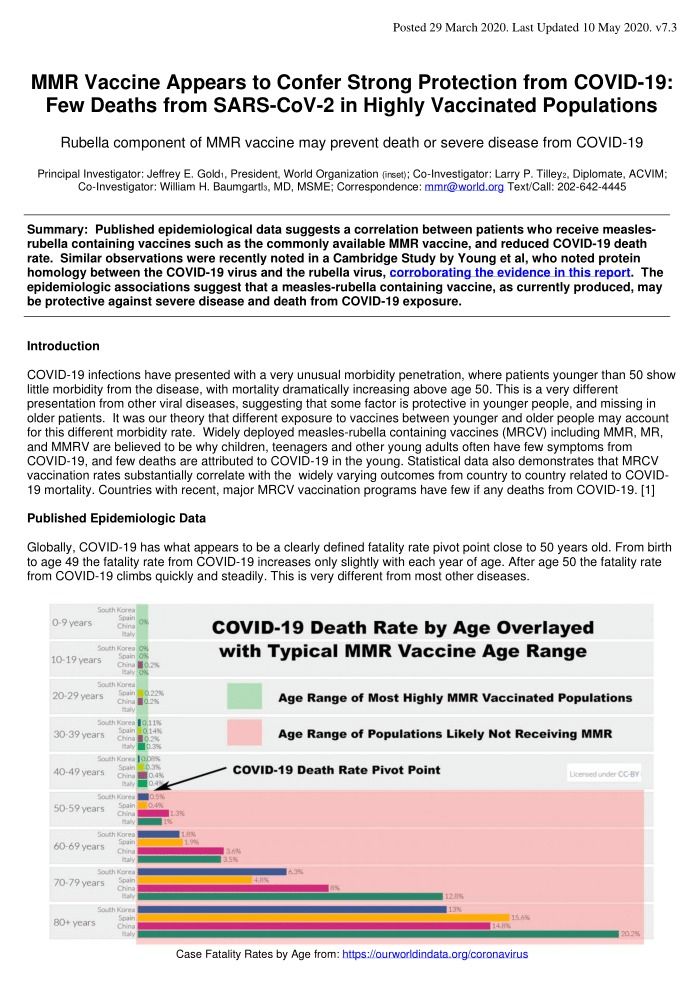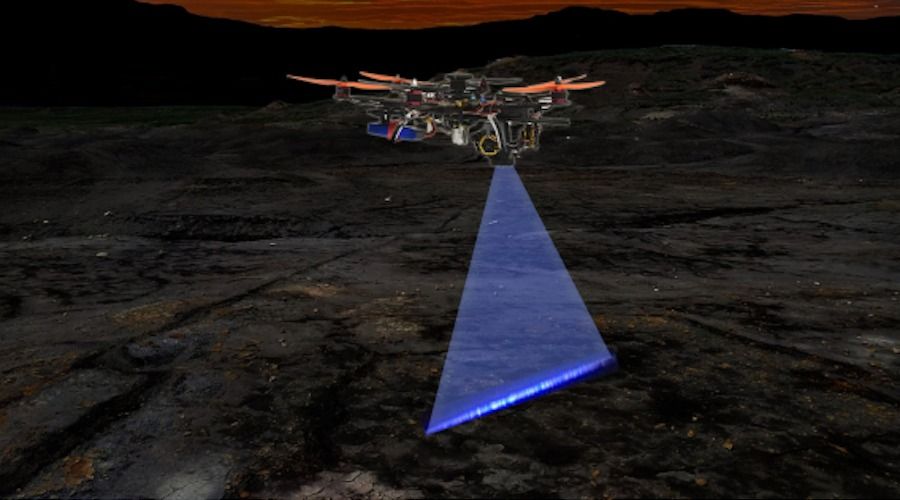URu2Si2 is a metal that belongs to the family of heavy-fermion compounds in which several quantum phases (e.g., magnetism and superconductivity) can compete or coexist. These metals exhibit small energy scales that are easy to tune, a characteristic that makes them ideal for testing new physical ideas and concepts.
For instance, researchers have often used these compounds to test theories related to quantum phase transitions, quantum criticality and unconventional superconductivity. Studying heavy-fermion metals could ultimately unveil new physical properties of other correlated-electron materials that have shown promise for a wide range of applications, such as high-temperature superconductors.
A research team at the National Laboratory of High Magnetic Fields (LNCMI/CNRS) in France and Université Grenoble Alpes, in collaboration with researchers at Okayama University and Tohoku University in Japan, recently carried out a systematic investigation of URu2Si2 under a combination of high pressures and high magnetic fields. Their paper, published in Nature Physics, maps out a phase in the material that is so far poorly understood, delineating a complex three-dimensional phase diagram.






